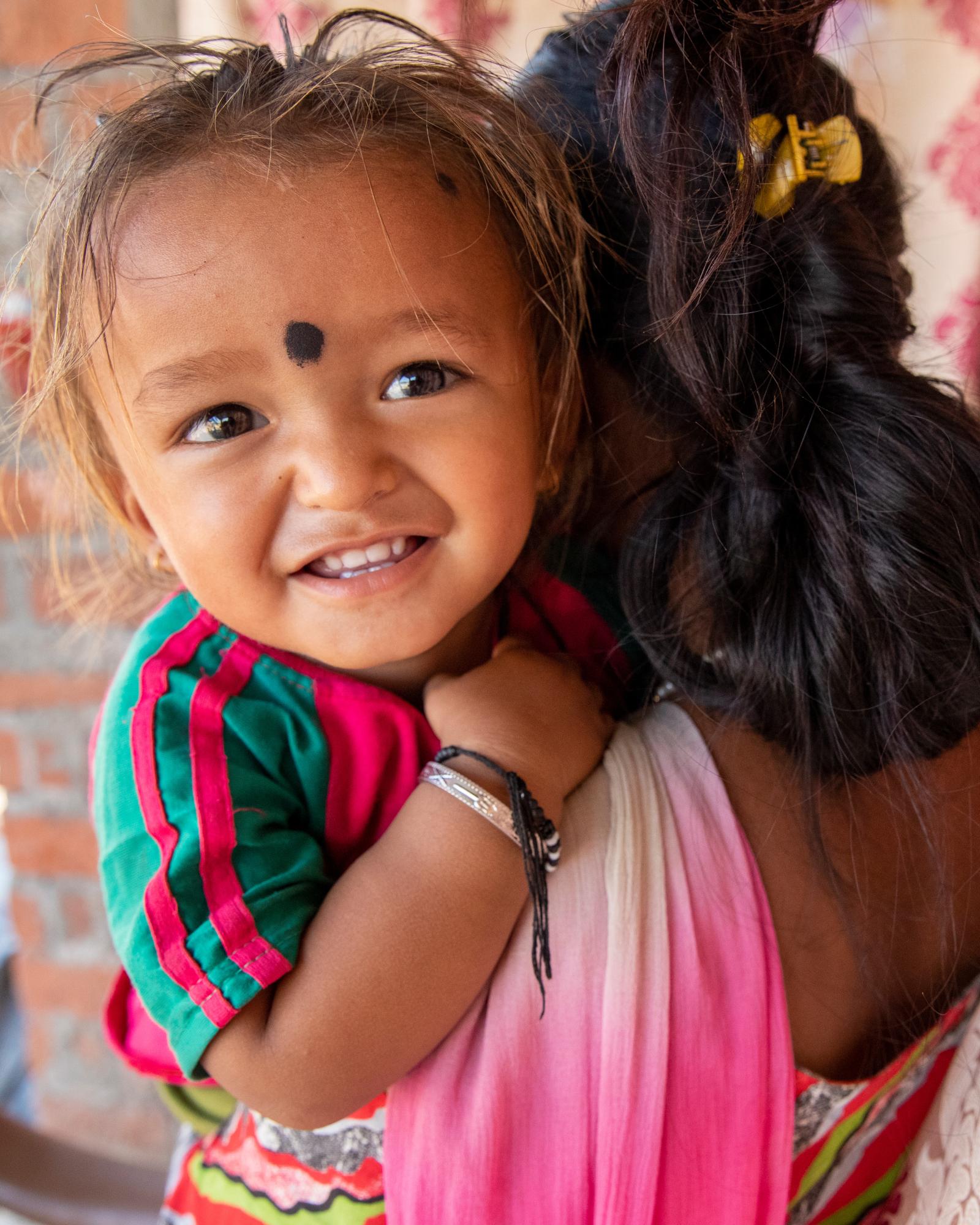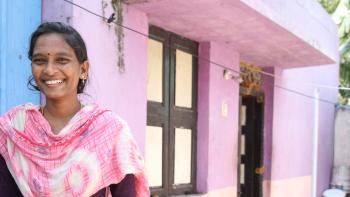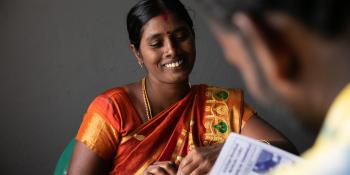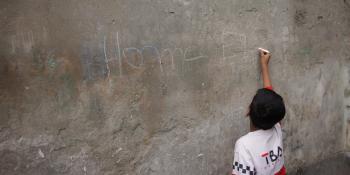
Challenges
Government investments in schools tend to prioritize improvements in the classroom.
Most rural schools have inadequate sanitation and water supplies. Many facilities are old, unsafe and unhygienic.
Sanitation units do not include the needs of children with disabilities.
Open defecation is an issue around schools and villages that lack sanitation facilities. Children and adults can suffer hygiene-related illnesses.
Children often skip classes due to the lack of facilities — or drop out of the education system completely. Adolescent girls are most at risk. These sanitation, health and education challenges can have lifelong consequences.
Solution
“Apana Shochalaya” means “our toilets” in Hindi.
This project would complement the government’s Clean India: Clean Schools campaign.
Our approach:
- We will build proper sanitation units with toilets, water tanks and handwashing stations.
- There will be inclusive facilities for children with disabilities.
- Pictorial messages will be painted around the schools to encourage hygienic behaviors.
- Children will be educated and reminded about the importance of personal hygiene.
- Children and teachers will be trained to maintain the facilities.
Timescale: Construction of all the sanitation units should be completed within 12 months. The start date is dependent on local factors such as school terms and the monsoon season.
Results and benefits
Depending on the location, we could build facilities for around eleven schools with $150,000 in co-funding.
Every school will have decent washrooms, reliable clean water supplies and proper sanitation. Over 500 children will benefit immediately, as will their teachers.

Experience shows that children become ambassadors for better hygiene with their families and communities. This can drive positive changes beyond their schools.
We will demonstrate the new facilities to local government officials and advocate for similar sanitation units to be constructed at many more schools across the states.
Long-term impact
Evidence from similar projects shows that attendance will increase and fewer children will be absent from school due to hygiene-related illnesses.

Drop-out rates should decrease, especially among teenage girls. Health and educational outcomes should improve.
More new children will enroll at each school every year.
Many will share knowledge about better hygiene at home and in their villages.
Scale-up
With more co-funding, this project could provide hygienic washrooms for many more schools. Please get in touch to request a tailored proposal if a higher level of investment is possible.
Get involved
The co-funding organization could have engagement opportunities. For example, staff could visit during the ground-breaking ceremony, interact with teachers, or join the opening ceremony with school authorities and local government officials. Any visits would be subject to Habitat’s safety and safeguarding measures.


